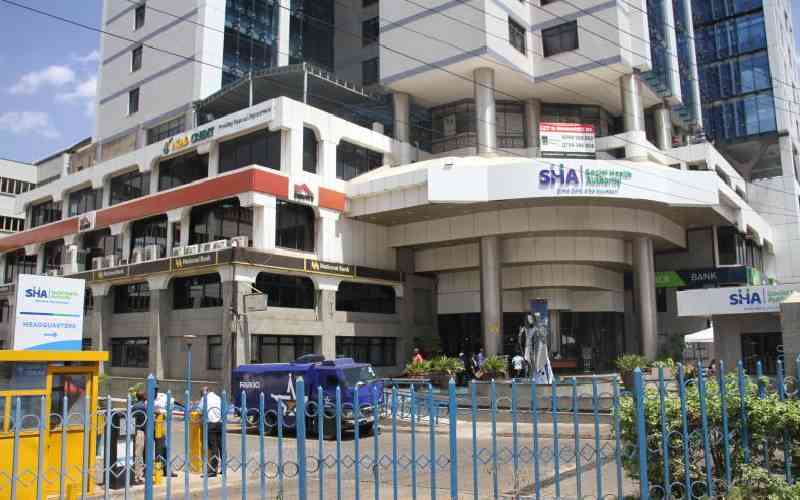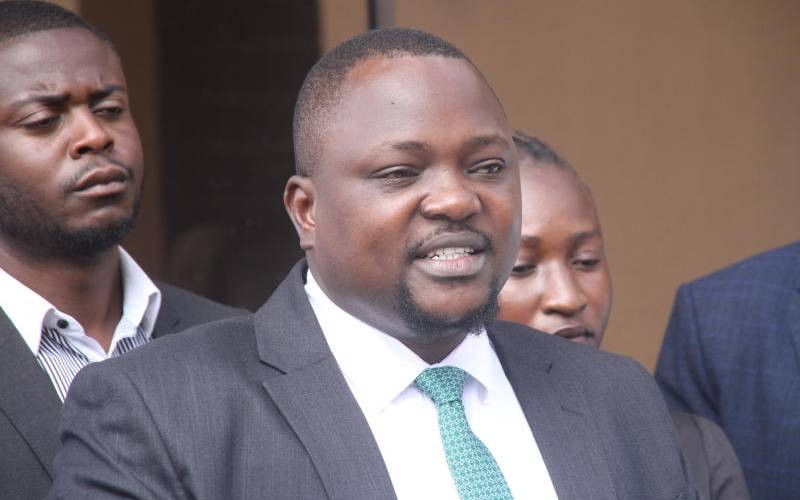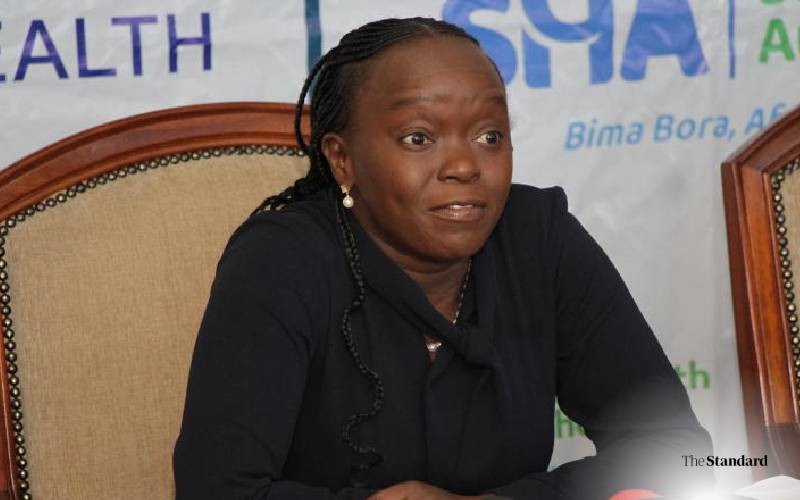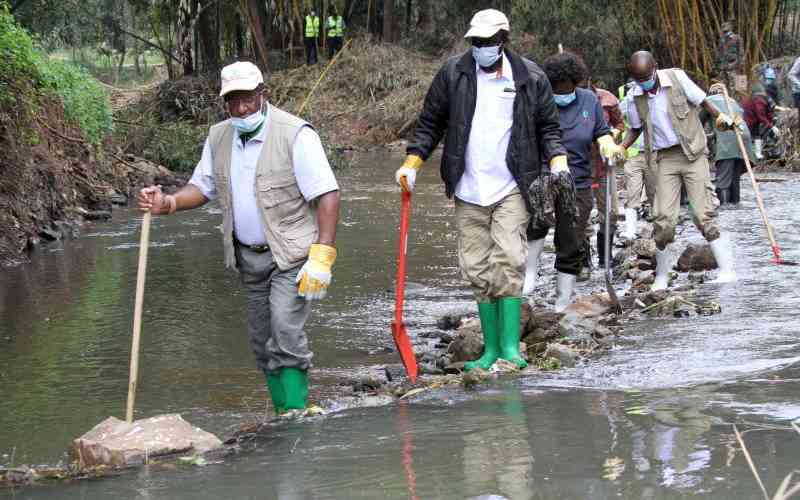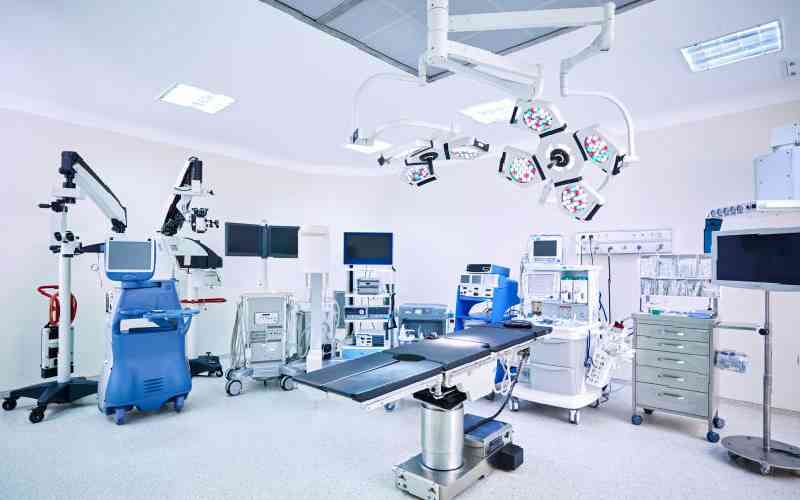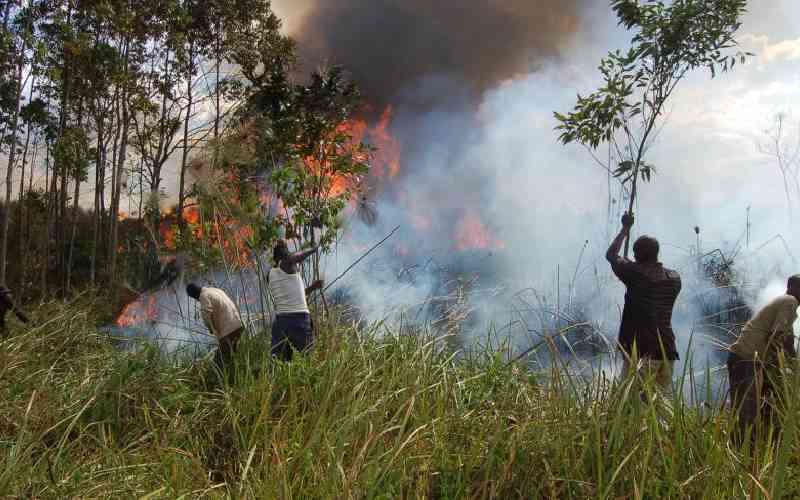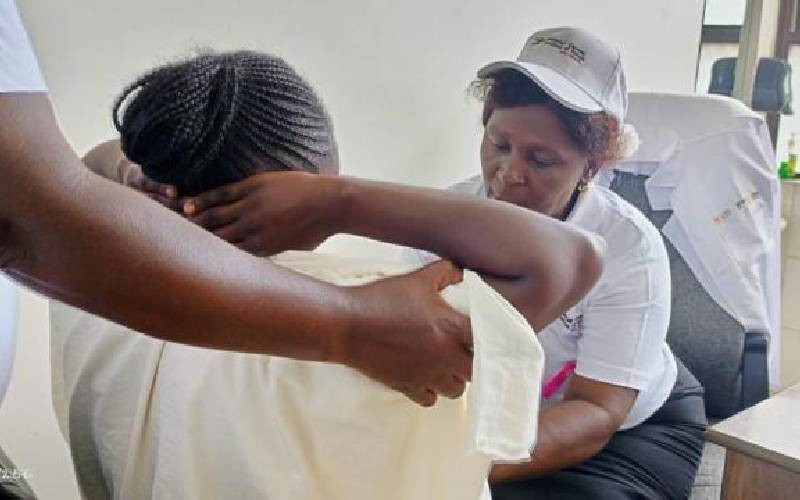
AstraZeneca is now banking on advanced advanced diagnostic programmes and collaborations aimed at improving early detection and treatment, to enhance survival rates and quality of life for cancer patients.
The ground-breaking people-centric initiatives align with this year’s World Cancer Day theme ‘United by Unique’ which prioritises patients in innovation and treatment.
The theme the company said highlights the importance of patient-centred care, innovative approaches to improving outcomes, and the power of collaboration in advancing cancer care.
As a global biopharmaceutical company with a strong commitment to oncology care, AstraZeneca continues to champion oncology efforts by focusing on early detection, patient advocacy, and equitable access to advanced treatments.
Deepak Arora, African Cluster Country President at AstraZeneca said through initiatives that address critical gaps in cancer care, the company works alongside healthcare providers, patient advocacy groups, and government institutions to drive meaningful improvements in cancer outcomes across the continent.
Arora said cancer remains a leading global cause of death, with delayed diagnoses and limited access to care, worsening outcomes.
“The World Health Organization (WHO) estimates cancer mortality in sub-Saharan Africa could nearly double by 2030. Recognising the importance of early detection, AstraZeneca has launched initiatives to improve timely and accurate diagnoses,” said Arora adding, “One such programme, Connect to Care, developed with Axios International and key medical associations, fosters multidisciplinary collaboration to accelerate lung cancer diagnosis and improve patient outcomes.”
While emphasising the importance of such initiatives, Arora said AstraZeneca’s mission is to bridge the gap in cancer care.
“By improving access to diagnostics and treatments, we aim to transform the landscape of cancer outcomes on the continent. Early detection plays a critical role in improving survival outcomes, and we remain committed to supporting initiatives that make a meaningful difference for patients,” Arora said in a statement.
AstraZeneca is enhancing molecular testing infrastructure in Nigeria and Kenya, collaborating with Moi Teaching and Referral Hospital (MTRH) and Nigeria’s Federal Ministry of Health to introduce advanced diagnostics like EGFR testing for lung cancer.
Additionally, its diagnostic patient navigation programme streamlines the journey from suspicion to diagnosis, ensuring efficient specimen handling for critical testing.
Arora’s sentiments were echoed by Dr Khomotso Mashilane, Medical Director at AstraZeneca who said the company is committed to advancing innovation in oncology care through early detection and precision diagnostics.
“By leveraging cutting-edge technologies, developing patient-centred solutions, and fostering meaningful partnerships, we aim to empower patients and healthcare providers to improve outcomes and enhance quality of life. On this World Cancer Day, we honour every patient’s unique journey and reaffirm our dedication to advancing science and delivering meaningful care,” said Dr Mashilane.
As part of its commitment to strengthening cancer care infrastructure, AstraZeneca has supported the availability of diagnostic tools, including ultrasound biopsy machines for prostate cancer and biomarker testing technology for lung cancer.
The company also supports training for healthcare professionals, fostering a more skilled oncology workforce equipped to address Africa’s growing cancer burden.
 The Standard Group Plc is a multi-media organization with investments in media platforms spanning newspaper print
operations, television, radio broadcasting, digital and online services. The Standard Group is recognized as a
leading multi-media house in Kenya with a key influence in matters of national and international interest.
The Standard Group Plc is a multi-media organization with investments in media platforms spanning newspaper print
operations, television, radio broadcasting, digital and online services. The Standard Group is recognized as a
leading multi-media house in Kenya with a key influence in matters of national and international interest.

